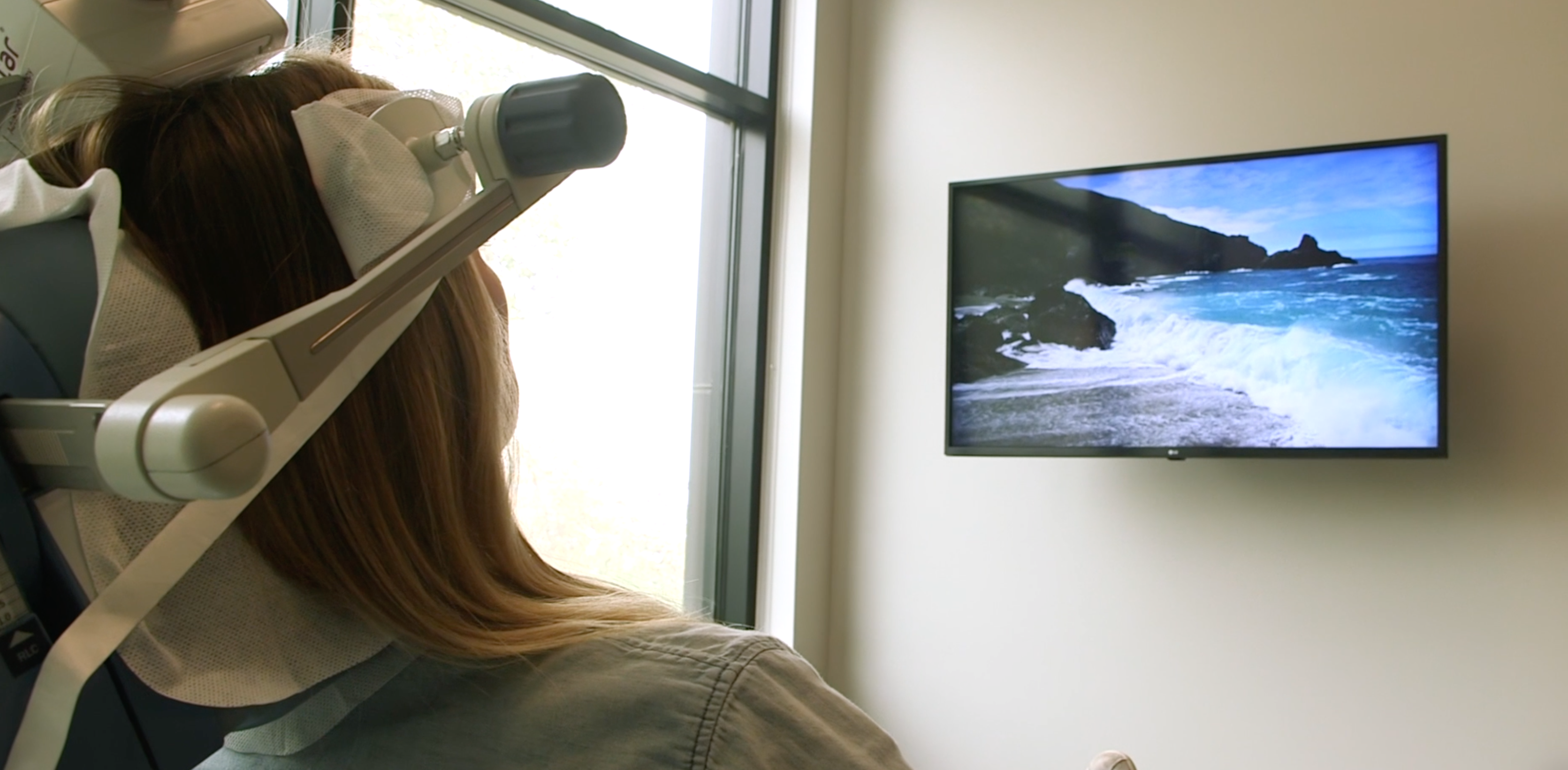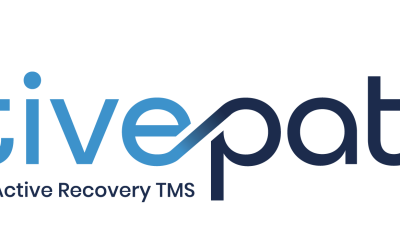Are you 1 of every 10 people in the U.S. who experiences depression? You’re also one of many who are in need of treatment for their mental health disorder. Depression, or major depressive disorder, is a mood disorder that causes persistent feelings of sadness and loss of energy. It interferes with your ability to perform daily functions. It may make tasks like brushing your teeth, taking a shower or driving to work feel nearly impossible to complete.
Fortunately, depression is a treatable mental health disorder. The right treatment can improve a person’s quality of life and help them increase daily functionality. Several types of treatment are available to individuals diagnosed with major depressive disorder. Varying treatments may prove more effective for some people than others.
A common initial treatment for depression is antidepressant medication. However, up to 30% of patients who receive conventional treatment for their depression show little to no positive responses. These types of patients have what is called treatment-resistant depression (TRD). TRD requires alternative treatment methods. Treatment for TRD can include talk therapy, fast-acting antidepressant medication and a treatment called transcranial magnetic stimulation (TMS).
Transcranial magnetic stimulation (TMS) or what others may refer to colloquially as “magnetic treatment” can be beneficial for patients with treatment-resistant depression in multiple ways. Read on to learn more about these unique benefits..
What benefits can TMS (magnetic treatment) offer patients with depression?
TMS has the potential to be very effective for patients who haven’t responded to conventional modes of treatment for depression.
Treatment-resistant depression and major depressive disorder are linked to significant health care expenses and high unemployment rates. This suggests that people with TRD could experience economic and social benefits from treatment that works. TMS (magnetic treatment) can potentially provide some of those benefits and more to patients who experience treatment-resistant depression. You can read more about the benefits of TMS below:
- It’s noninvasive — One of the benefits of TMS for depression is that it’s noninvasive. The coil that sends pulses of magnetic energy to the brain is attached to the outside of the device and does not penetrate the skin.
- It has minimal side effects — Possible side effects of TMS are scalp discomfort and headaches. These are milder than most other treatment side effects and typically last only a few hours after each session. Comparative TRD treatments, like electroconvulsive therapy (ECT), have harsher side effects. These include convulsions, jaw pain and skull pain. ECT must be performed under anesthesia. Unlike electroconvulsive therapy, TMS doesn’t require any anesthesia to help patients.
- It’s effective — Another benefit of TMS therapy is that it can be very effective. In patients with treatment-resistant depression, 79% have a greater than 25% reduction in depression symptoms, with 56% of patients experiencing a 50% reduction.
- It lasts — It’s important to know that transcranial magnetic stimulation results can last a long time. Many patients experience the benefits of TMS (magnetic stimulation treatment) for up to a year. Some patients have felt the effects of TMS therapy for longer than a year.
- It improves quality of life — As if all the benefits above weren’t significant enough, here’s what else you need to know. Transcranial magnetic stimulation therapy can improve your quality of life. It reduces the severity of treatment-resistant depression symptoms for extensive periods. TMS can help you gradually return to daily functioning. It can even increase your odds of finding stable employment and maintaining healthy interpersonal relationships.
Active Path Mental Health has the transcranial magnetic stimulation therapy you need for treatment-resistant depression
Mental health disorders, like major depressive disorder, can cause someone to feel as if their life is spiraling out of control. It often leaves people feeling lost and hopeless. Treatment-resistant depression can affect your ability to perform everyday tasks, impair the quality of your interpersonal relationships and decrease your quality of life.
Fortunately, treatment from our Active Path team can help. Our goal is to help you control your TRD symptoms. We can provide you with the high-quality TMS treatment you need. Let us help you work toward an optimistic future.
Active Path Mental Health is proud to say that patients can receive treatment from locations in both Oregon and Washington. The team members at each one of our locations are dedicated to helping patients recover from their mental health disorders. But don’t just take it from us, take it from our patient reviews.
Contact our team today for more information or to schedule an initial appointment.





